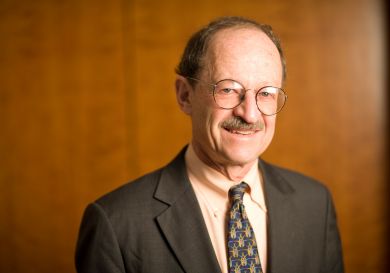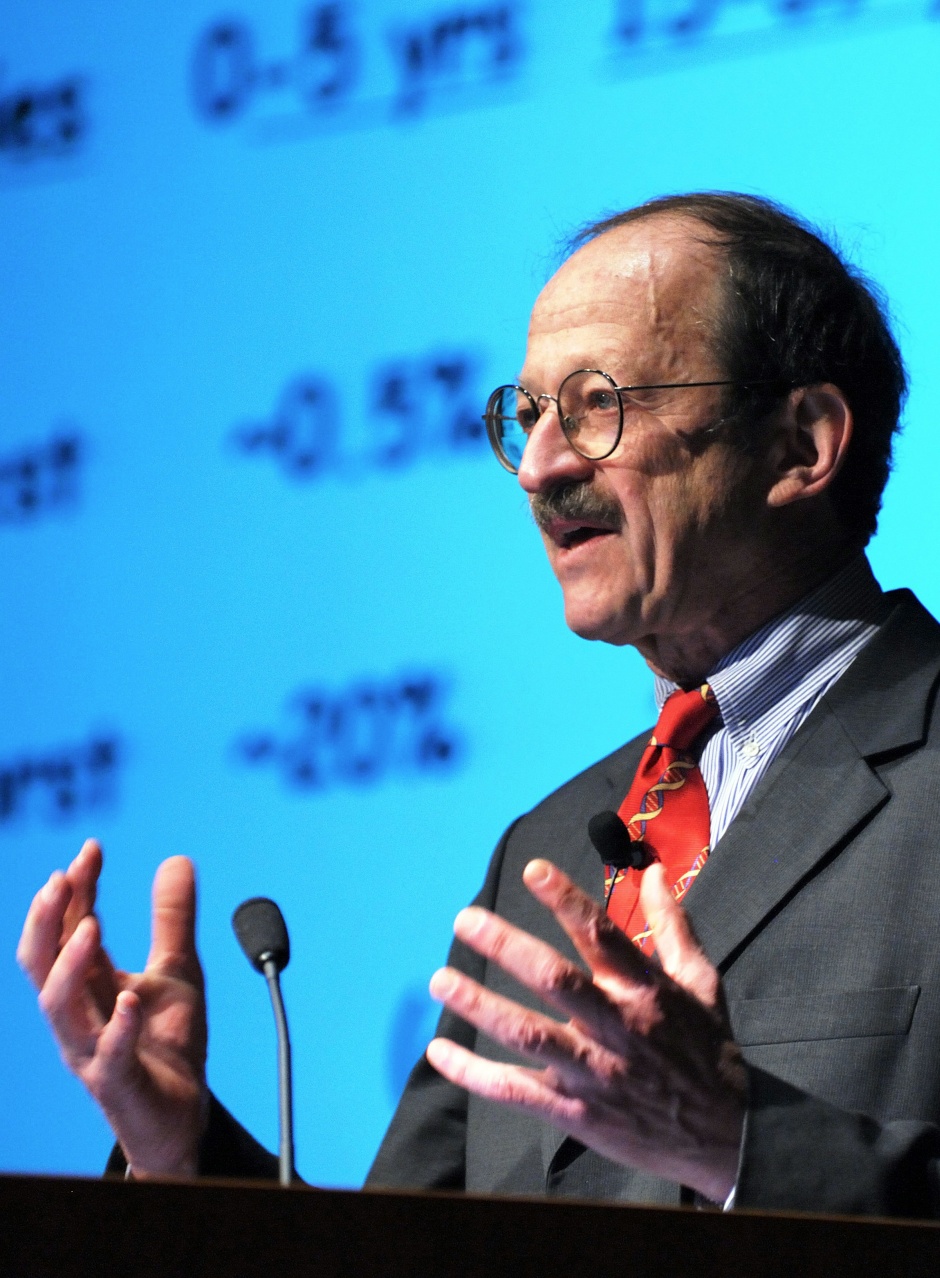Varmus returns to his roots in cancer genetics
With a Nobel prize and more than two decades of influential cancer genetics research under his belt, Harold Varmus, M.D., already had an impressive legacy when he took the reins of the National Institutes of Health (NIH) in 1993. But his achievements as director of the agency—the agency’s budget doubled under his watch—cemented his role as one of the nation’s most influential leaders in biomedicine. Varmus left NIH in 1999 and led Memorial Sloan Kettering Cancer Center for a decade before returning to NIH as the director of the National Cancer Institute (NCI) in 2010. Now, after nearly five years in that role, Varmus is moving on to continue his research at Weill Cornell Medical College in New York City.
Varmus recently spoke with JAMA (The Journal of the American Medical Association) about his career and his ideas for improving the biomedical research enterprise.
"I’ve taken 2 positions. One is the Lewis Thomas Professor at Weill Cornell Medical College in New York, where I will move my small laboratory. We are studying some of the major genes, the epidermal growth factor receptor gene and the Ras gene, that are instrumental in adenocarcinomas of the lung. We are investigating a type of mutation that affects the proteins that mediate RNA splicing to form messenger RNA. Those mutations occur with unexpected frequency in certain forms of cancer, especially lung adenocarcinomas and various forms of myeloid cancer. I [will also] have another position at the new New York Genome Center, where I will help orchestrate a city-wide effort to be sure that all patients in New York have access to the kind of genetic analysis of their cancers that is essential for correct diagnosis and appropriate care."
Read the full interview here.
He also recently sat down with a writer for Scientific American to discuss precision medicine and the future of cancer care in this video.




